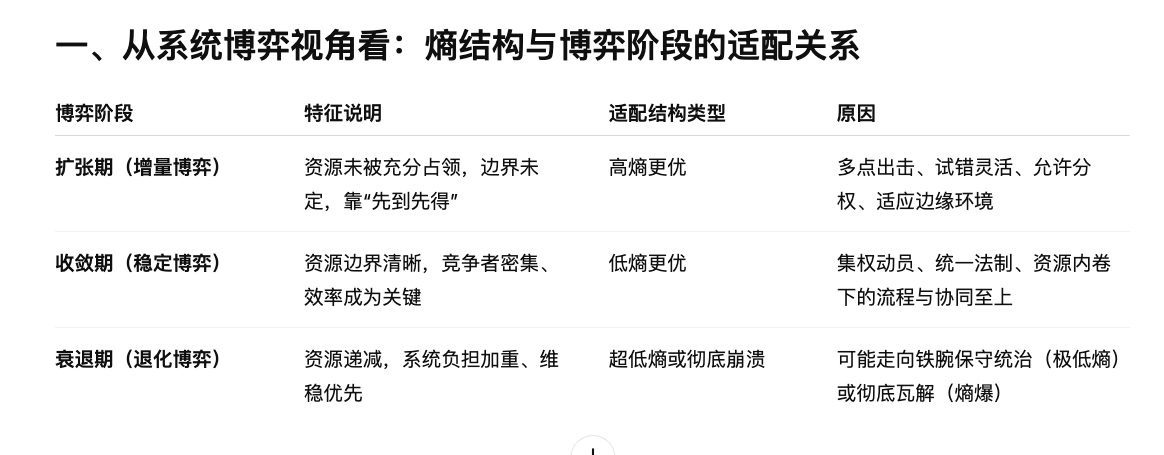Low-entropy structures are not entirely advantageous: high-entropy structures are suitable for rapid deployment and adaptation in expansion games where resources have not yet been divided, while low-entropy structures are suitable for establishing efficiency advantages and strong control in systems where resource boundaries are defined and competition is based on existing stock.
Taking examples from Eastern and Western history: the expansion history of the Han people was basically completed during the Zhou Dynasty, which is a typical high-entropy disordered structure where each feudal lord acted independently.
The expansion of the British Empire is actually quite similar to that of the Zhou Dynasty, with chartered companies (such as the East India Company and Hudson's Bay Company), pirates, adventurers, missionaries, merchants, and scientists all playing important roles in the expansion history. However, the Royal Navy and Britain's unified currency provided a binding effect similar to the "Rites of Zhou." Similar examples include Russia's expansion in Siberia, which was not conducted by regular troops but rather by merchants, adventurers, and Cossacks in a decentralized high-entropy expansion.
In contrast, why was Zheng He’s voyages to the West terminated? I believe it was because he used a low-entropy structure to carry out expansion. If Judy were a bit smarter, she could simply issue licenses, appoint kings or governors, and would there still be room for Britain to play the colonial game?
However, the premise of high-entropy expansion is that you are making incremental gains. What is incremental? It refers to technological gaps. For the Zhou king and lords who mastered agricultural techniques and bronze tools, the border minority groups were "blank areas." For Britain, which mastered modern technology, the entire world was a "blank area."
But once the colonies have been divided up and we enter stock competition, it is clear that low-entropy countries have more advantages. For example, after the Spring and Autumn period ended and entered the Warring States period (stock competition), the low-entropy structure (the commandery and county system) clearly had the upper hand, defeating the high-entropy structure (the State of Chu, which had many nobles). Similarly, Germany had a significant advantage over France and even Britain; if it weren't for American intervention, the outcome would have been uncertain.
The question arises: is the current competition between China and the U.S. a stock game or an incremental game? What about China and India?
I see it more like a stock game, where there is no such thing as "one trick to eat all."
So, what is the conclusion?

免责声明:本文章仅代表作者个人观点,不代表本平台的立场和观点。本文章仅供信息分享,不构成对任何人的任何投资建议。用户与作者之间的任何争议,与本平台无关。如网页中刊载的文章或图片涉及侵权,请提供相关的权利证明和身份证明发送邮件到support@aicoin.com,本平台相关工作人员将会进行核查。




